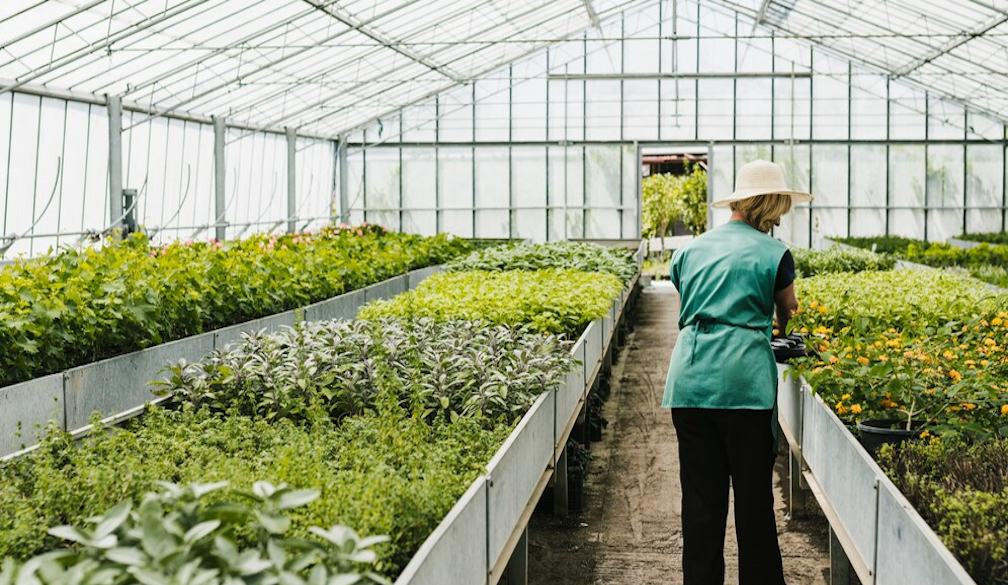Environmental and Economic Advantages of Steel Sheds

Steel sheds have become increasingly popular in recent years due to their versatility, durability, and numerous advantages. They are used in various applications, from agricultural storage to commercial warehouses, and their benefits extend beyond mere functionality. This article explores the environmental and economic advantages of steel sheds, highlighting why they are a superior choice compared to traditional building materials.
Environmental Advantages
1. Sustainability and Recyclability
One of the most significant environmental benefits of steel sheds is their sustainability. Steel is one of the most recyclable materials on the planet. According to the World Steel Association, over 80% of the steel used in construction is recycled. This high recyclability reduces the demand for raw materials, conserving natural resources and minimising the environmental impact of steel production.
2. Energy Efficiency
Steel sheds can be designed with energy efficiency in mind. Modern steel buildings often incorporate advanced insulation materials that reduce the need for heating and cooling, thereby lowering energy consumption. Additionally, steel's reflective properties help to deflect sunlight, keeping the interior cooler during hot weather and reducing the need for air conditioning.
3. Durability and Longevity
Steel sheds are incredibly durable and resistant to various environmental factors such as pests, fire, and extreme weather conditions. This durability means that steel sheds have a longer lifespan than structures made from traditional materials, resulting in fewer replacements and repairs. This longevity translates to less waste and a reduced environmental footprint over time.
Economic Advantages
1. Cost-Effectiveness
One of the primary economic advantages of steel sheds is their cost-effectiveness. Steel structures are often more affordable to construct than buildings made from wood or brick. The prefabrication of steel components allows for quicker and more efficient construction, reducing labor costs and project timelines. Additionally, the minimal maintenance requirements of steel sheds further enhance their cost-effectiveness.
2. Lower Insurance Premiums
The inherent strength and fire-resistant properties of steel can lead to lower insurance premiums for steel sheds. Insurance companies recognise the reduced risk associated with steel structures, offering lower rates compared to those for buildings constructed from more vulnerable materials. This can result in significant long-term savings for shed owners.
3. Versatility and Expandability
Steel sheds offer exceptional versatility and expandability. They can be easily modified or expanded to accommodate changing needs without the need for major renovations. This adaptability makes steel sheds an economically smart choice for businesses that may need to scale operations up or down. The ability to quickly and affordably reconfigure the space ensures that the structure remains useful and relevant, providing ongoing value.
Additional Benefits
1. Ease of Assembly
The prefabricated nature of steel sheds allows for rapid assembly, often requiring only a small team of workers. This ease of construction reduces labor costs and minimises disruptions to normal operations. For businesses, this means less downtime and a faster return to productivity.
2. Minimal Maintenance
Steel sheds require very little maintenance compared to traditional wooden structures. They are resistant to rot, warping, and insect damage, which are common issues with wood. This resistance translates to lower maintenance costs and less frequent need for repairs, contributing to their overall economic advantage.
3. Aesthetic and Design Flexibility
Modern steel sheds can be customised to meet a wide range of aesthetic and functional requirements. Advances in design technology allow for the creation of steel structures that are not only practical but also visually appealing. This flexibility ensures that steel sheds can fit seamlessly into various environments, enhancing both functionality and appearance.
Conclusion
Steel sheds offer a multitude of environmental and economic benefits, making them an excellent choice for a variety of applications. Their sustainability, energy efficiency, and durability contribute positively to the environment, while their cost-effectiveness, lower insurance premiums, and versatility provide significant economic advantages. As awareness of these benefits grows, it is likely that steel sheds will continue to gain popularity as a preferred building option in the future.







